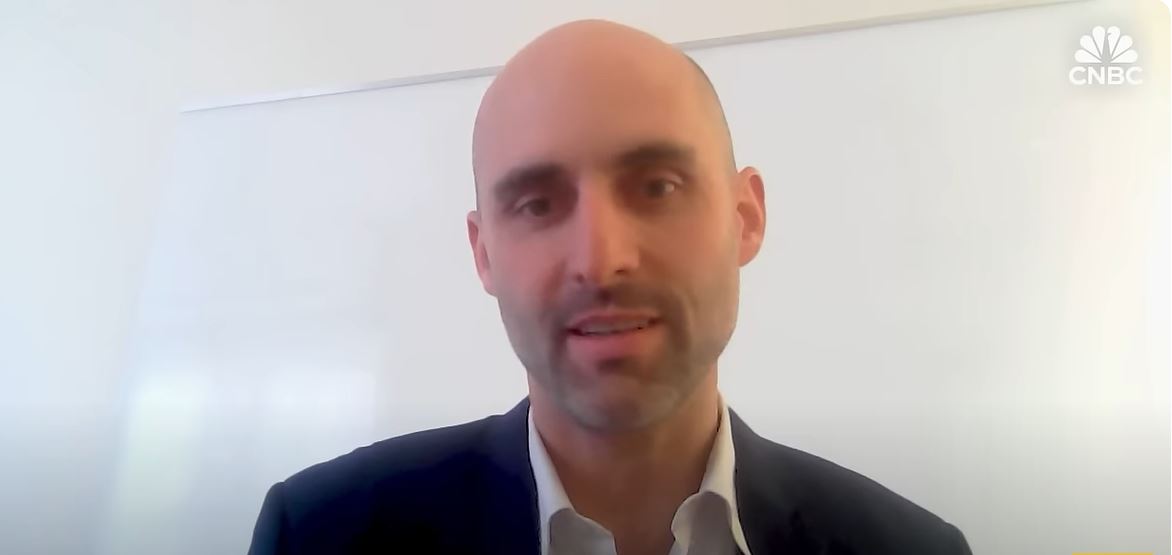
October 10, 2024
Harris’s Housing Plan and the Five C’s That Will Derail It
Kamala Harris’s latest campaign ad pledges to “end America’s housing shortage by building 3 million new homes and rentals.” However, her plan is unlikely to significantly increase the overall housing supply. The cornerstone of her proposal is an expansion of the Low-Income Housing Tax Credit (LIHTC)—a program plagued by the Five Cs: Rather than expanding the LIHTC…

October 9, 2024
Learning the Right Lessons from the “China Shock”
An influential 2013 paper by economists David Autor, David Dorn, and Gordon Hanson finds an average reduction in manufacturing employment of 90,000 jobs per year from 1990 to 2007 because of U.S. competition with imports from China. Those economists published another important paper, along with economists Daron Acemoglu and Brendan Price, that found import growth from China led to…

October 8, 2024
Harris Housing Subsidies: A Recipe for Repeating Past Mistakes
Presidential candidate Kamala Harris has proposed housing policies that recycle ineffective strategies long seen in federal housing programs. Her key proposals include subsidies for the construction of 3 million new housing units over four years and $100 billion in down payment assistance to first-time homebuyers. Unfortunately, history tells us her plan would be worse than…

October 7, 2024
Has Kamala Harris Given Up on “College for All”?
In 2009, then-President Obama made a bold proposal: “By 2020, this nation will once again have the highest proportion of college graduates in the world.” His administration then pursued a slew of policies to boost college attendance, including fatter tuition tax credits, a larger Pell Grant, and free tuition at community colleges. Echoing Obama, over the next several…

October 7, 2024
Why Middle Class Wages Aren’t Growing
Senior Fellow Kevin Corinth discusses factors hindering wage growth for the middle class.

October 3, 2024
Six Ideas to Fix Higher Education in 2025
America will have a new president and a new Congress in 2025, and with that change comes the opportunity to rethink federal policy towards higher education. The federal approach suffers from many problems, but the core one is that federal subsidies indiscriminately fund traditional colleges, regardless of their financial value, and shortchange promising alternatives, such…

October 3, 2024
Protectionism is Failing and Wrongheaded: An Evaluation of the Post-2017 Shift toward Trade Wars and Industrial Policy
Abstract The Trump–Pence and Biden–Harris administrations enthusiastically embraced protectionism. Each administration explicitly argued for a break from the bipartisan consensus of recent decades that has been generally supportive of free trade and of allowing markets to shape US industrial and employment composition. But the protectionism of the Trump and Biden administrations has not succeeded and…

October 2, 2024
The effect of taxes and transfers on low-earning workers’ income.
Despite misperceptions that the United States is limping through late-stage capitalism, American workers are more highly compensated than ever before—even the lowest earners. The 20th percentile earner—worse-off than 80 percent of workers—had annual earnings 19 percent higher in 2022 than in 1979, after accounting for inflation and a decline in women choosing to work only…

September 25, 2024
The Costs of Inaction: Economic Risks from Housing Unaffordability
Chairman Whitehouse, Ranking Member Grassley, and committee members, thank you for the opportunity to testify on this most important topic. History offers a cautionary tale against inappropriate federal action in the housing market: From the 1930s to 2008, Congress passed and presidents signed into law at least 43 housing, urban renewal, and community development programs. Despite their lofty…
September 25, 2024
The Promise — and Danger — of Kamala Harris’s YIMBYism
Vice President Kamala Harris is not wrong to emphasize that the best solution to our housing shortage is the construction of new homes. She’s actually enunciated something close to a program to do so: tax credits for small “starter” homes, as part of a push for 3 million new houses. It’s encouraging that the Democratic presidential candidate shows a basic knowledge…